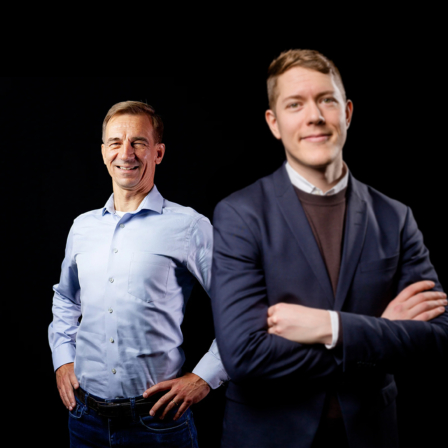The world’s first Eko Game Jam was held in Meilahti, Helsinki, on 14–16 June. It was also possible to participate in the event online, and it attracted international attendance from all around the world.
The objective was to brainstorm and create new game prototypes that would encourage people to live ecologically and seek environmental information through gamification. The data utilised for developing the games included calculations behind Sitra’s Lifestyle test and 100 smart ways, the open interface of the Finnish Environment Institute’ Climate diet calculator, and other open carbon footprint and environmental data.
Eko Game Jam attracted a lot of interest among game developers. 75 gaming industry experts from all over the world logged in to the event’s Discord server. Over the weekend, a total of 50 game programmers, artists and sustainable development experts took part in game development in Meilahti.
In addition to game jamming, the participants were served waste food and beverages. Therefore, according to estimates, the event saved approximately 100 kilos of food that would have otherwise gone to waste.
The most enthusiastic developers stayed up almost all night working on their game ideas, and some even slept in the premises of Terkko Health Hub on mattresses they had brought with them.
A total of 12 game prototypes were developed during the event, half of which were mobile games. 10 of the game prototypes were developed on site in Meilahti and two were created remotely, one as far away as Singapore.
It was great to see how the various talents and skills merged together. How wonderfully the talents of each participant were put to use to develop games! If developed further, all 12 games could become excellent instruments for providing information and inspiration. Some would be suited as such for teaching purposes at schools, and some could be transformed into great minigames on different commitment platforms. In the future, effort will be put into finding interested companies, organisations or cities and towns to take over further development of the games.
With its global marketing campaign, Eko Game Jam reached more than 75,000 experts interested in game development on all continents. The feedback given by game developers and environmental experts who took part in Eko Game Jam was positive. Down the line, utilisation of open environmental data will be made easier than ever for IT specialists.
One of the goals of Eko Game Jam was learning more about the various ways in which data could be utilised. The objective is to create a platform where all kinds of ecological data could be stored to be openly used for games and applications. The game jam was organised by Avoin, a sustainable IT development association, in partnership with Sitra, the Finnish Environment Institute and the Ministry of the Environment.
Approximately 68 per cent of all greenhouse gas emissions are generated as a result of the consumption decisions we make. Within the next 10 years, all of us must change our lifestyles if we want to tackle the problems caused by climate change and overconsumption. It requires everybody’s contribution and support.
It is great to see that the gaming industry is willing to be a changemaker!
- You can browse the game prototypes developed at Eko Game Jam on the website
- Photos of the event on Flickr

















Recommended
Have some more.